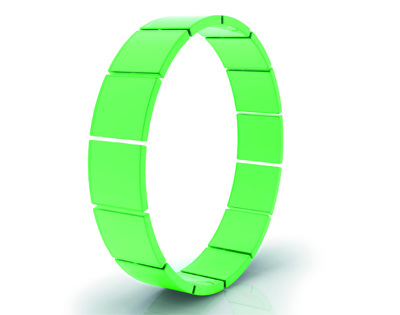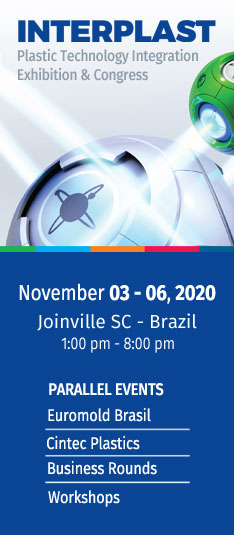| Plastics News |
Greenhouse gas emissions halved predicts life cycle assessment of recycled polystyrene from Ineos Styrolution.
June, 9, 2020 - Ineos Styrolution has today announced first results of a life cycle assessment (LCA) analysis for depolymerised styrene according to the ISO 14040 and ISO 14044 standards. The results confirm the developing story revealing polystyrene to be a valuable polymer contributing to the circular economy. Two independent research projects resulted in a consistent picture for the carbon footprint of recycled polystyrene. The first, a laboratory scale project shows GHG savings of 37% The making of styrene from post-consumer polystyrene waste shows a 37% lower CO2 footprint compared to fossil-based styrene. Further CO2 reduction is possible by adapting the energy mix. The LCA analysis was done in the framework of the ResolVe project, a research project funded by the German Federal Ministry for Education, in collaboration with InVerTec, a non-profit organization associated with the University of Bayreuth. InVerTec is specialised in providing pilot plants for conceptual and lab-scale research. Upscaling and optimisation of by-products allow for GHG savings up to 50% Upscaling and optimisation of by-products allow for GHG savings up to 50% A detailed study completed by Ineos Styrolution, a commercial recycling partner and experts from the University of Manchester evaluated the GHG on commercial scale within a scope including polystyrene postconsumer waste collection/ sorting, pre-treatment and extrusion/ depolymerisation/ distillation. The results of the analysis show a 50% lower carbon footprint than that of traditional virgin (fossil-based) styrene monomer production. Norbert Niessner, Global R&D/ Intellectual Property Director at Ineos Styrolution, summarises: “After having received the ICIS Award 2019 for polystyrene from recycled styrene via depolymerisation of recycled polystyrene, now we could for the first time prove that this technology is favorable regarding energy efficiency and CO2 footprint. Polystyrene and depolymerisation are made for the circular economy!” Details about the research as well as future updates will be published at https://styrolution-eco.com/life-cycle-assessment-of-polystyrene-recycling/. Today’s announcement is a significant confirmation of the valuable qualities of polystyrene. Combined the following features will lead to a significant reduction of post-consumer polystyrene waste ending up in landfills:
Ineos Styrolution is the leading global styrenics supplier, with a focus on styrene monomer, polystyrene, ABS Standard and styrenic specialties. With world-class production facilities and more than 90 years of experience, Ineos Styrolution helps its customers succeed by offering innovative and sustainable best-in-class solutions, designed to give them a competitive edge in their markets, and at the same time, help make the circular economy for styrenics a reality. The company provides styrenic applications for many everyday products across a broad range of industries, including automotive, electronics, household, construction, healthcare, packaging and toys/sports/leisure. In 2019, sales were at 5 billion euros. Ineos Styrolution employs approximately 3,600 people and operates 20 production sites in ten countries. Source: Ineos Styrolution |


